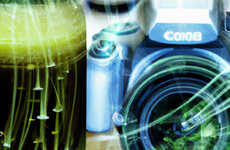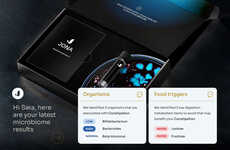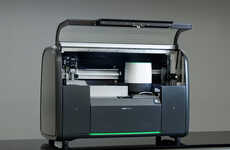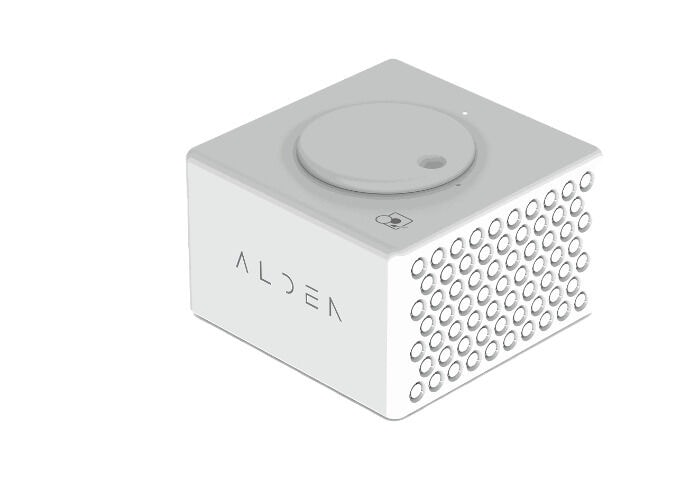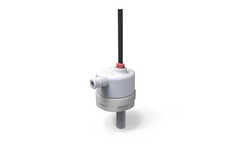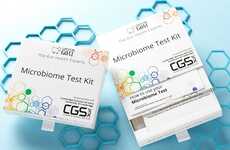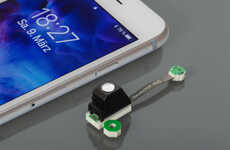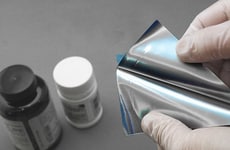
Alden Launched a New Microbe Testing Technology, the Alden S1
References: alden.tech & prnewswire
Alden recently debuted a new microbe testing technology called the Alden S1. This offers significant advancements over the traditional PCR method.
This new microbe testing technology is based on a suspended simultaneous sandwich assay. It provides rapid results and reduces the time required to detect pathogens like E. coli O157 from days to hours. This innovation is crucial for the food industry, where timely detection of contaminants is vital for safety and compliance.
The Alden S1 is notable for its compact size and ease of use, making it suitable for both laboratory and onsite testing. The technology incorporates nanoparticles and proprietary coatings to capture and detect bacteria, with results visible almost immediately. This method has received certification from the AOAC Research Institute.
Image Credit: Alden
This new microbe testing technology is based on a suspended simultaneous sandwich assay. It provides rapid results and reduces the time required to detect pathogens like E. coli O157 from days to hours. This innovation is crucial for the food industry, where timely detection of contaminants is vital for safety and compliance.
The Alden S1 is notable for its compact size and ease of use, making it suitable for both laboratory and onsite testing. The technology incorporates nanoparticles and proprietary coatings to capture and detect bacteria, with results visible almost immediately. This method has received certification from the AOAC Research Institute.
Image Credit: Alden
Trend Themes
1. Rapid Pathogen Detection - Fast identification of harmful bacteria minimizes the risk of foodborne illnesses and allows for quicker response actions.
2. Nanotechnology in Diagnostics - The use of nanoparticles enhances the sensitivity and accuracy of microbe detection tools.
3. Portable Testing Devices - Compact and user-friendly microbe testing devices enable onsite testing, increasing operational efficiency.
Industry Implications
1. Food Safety - Improving pathogen detection speeds in the food industry helps ensure product safety and regulatory compliance.
2. Healthcare - Advanced microbe testing technology aids in rapid clinical diagnosis, providing better patient care.
3. Environmental Monitoring - Efficient microbial detection methods are integral to maintaining and monitoring environmental health.
7.6
Score
Popularity
Activity
Freshness

